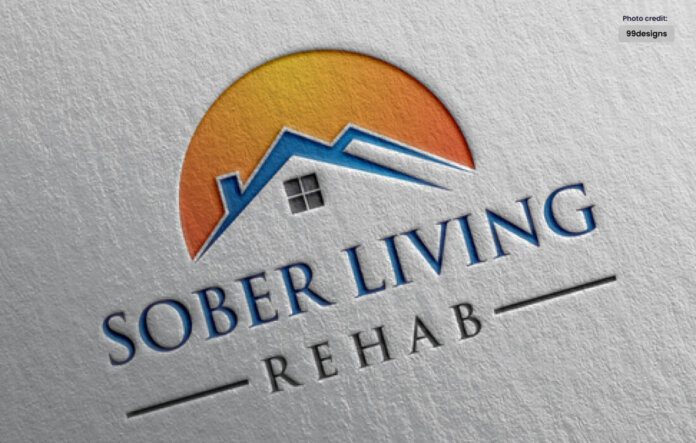Explore sober living rehab: fostering long-term recovery, facilities.
People frequently seek out various types of treatment and assistance during their battle with addiction in an effort to take back control of their lives. Sober living treatment is one strategy that has become more popular recently.
This ground-breaking approach offers a structured setting that straddles the divide between intense rehab and independent sober life.
Recognizing Sober Living Rehabilitation
Sober living treatment is a kind of supportive living arrangement created for those going through addiction recovery.
Sober living treatment offers a protracted period of controlled living in an environment devoid of drugs or alcohol, in contrast to traditional inpatient rehab, which often entails an intensive, time-limited program.
As they gradually reintegrate into their regular lives, this gives people the chance to put into practice and reinforce the skills they learned during formal treatment.
Advantages of Rehab for Sober Living
- Peer Support: A strong sense of community is fostered among members of sober living rehab. Being with people who are traveling the same path as you can offer vital peer support and a sense of community.
- Safe and Supportive Environment: These houses offer a secure environment with few temptations and triggers. The residences are frequently supervised by trained workers, who make sure the atmosphere is still supportive to healing.
- Accountability: Most sober living homes have requirements for residents, such as regular drug testing and participation at support groups. These steps strengthen the commitment to sober and encourage accountability.
- Structured Routine: The maintenance of a regular daily schedule is one of the main advantages of a residence. This practice assists residents in forming responsible habits and time and time management skills.
Significant Elements
- House Rules: Residents at sober living homes are required to abide by the rules specific to each facility. Curfews, required attendance at support group meetings, and housework are a few examples of these regulations.
- Supportive Services: Access to counseling, therapy, and support group meetings is available in many facilities. In addressing the root reasons of addiction, these treatments are essential.
- Sober Requirement: All residents are expected to stay sober during their stay. To ensure compliance, frequent drug testing may be performed.
- Goal Setting: Setting goals for their recovery path involves residents working with counselors or mentors. These objectives may include restoring damaged relationships or locating solid work.
Approaching Sober Living Rehab
- Set Realistic Expectations: A journey, recovery has its ups and downs. While in sober treatment, set realistic goals for yourself, emphasizing progress more than perfection.
- Active Participation: Participate in the activities and programs the recovery center offers. Participate in workshops, group therapy sessions, and wellness activities to develop a comprehensive understanding of your recovery.
- Embrace Openness: Recognize that enrolling in a living rehab is a chance for development. Approach it with an open mind and heart, prepared to accept change and pick up new coping skills.
Utilizing Your Experience to the Fullest
- Develop Healthy Habits: Establish a routine that fosters your physical, mental, and emotional wellbeing throughout this time. Include writing, meditation, exercise, and other healthful activities in your daily routine.
- Mindfulness and Relapse Prevention: Study mindfulness and relapse prevention methods. As soon as you leave the rehab setting, these tools can assist you in navigating triggers and avoiding setbacks.
- Build a Supportive Network: Make friends with your fellow employees at the site. Having a support system of people who identify with your challenges may be incredibly reassuring and motivating.
- Skill Building: Life skills classes at sober living rehab are frequently offered, and they help prepare you for living independently. Utilize these chances to educate yourself on budgeting, job finding, and effective communication.
Conclusion
It facilitates the transition from addiction to a rewarding and sober life by providing accountability, peer support, and a safe environment. If you’re in treatment, think about examining the possibility of a sober living facility as an essential step on your route to long-term.




